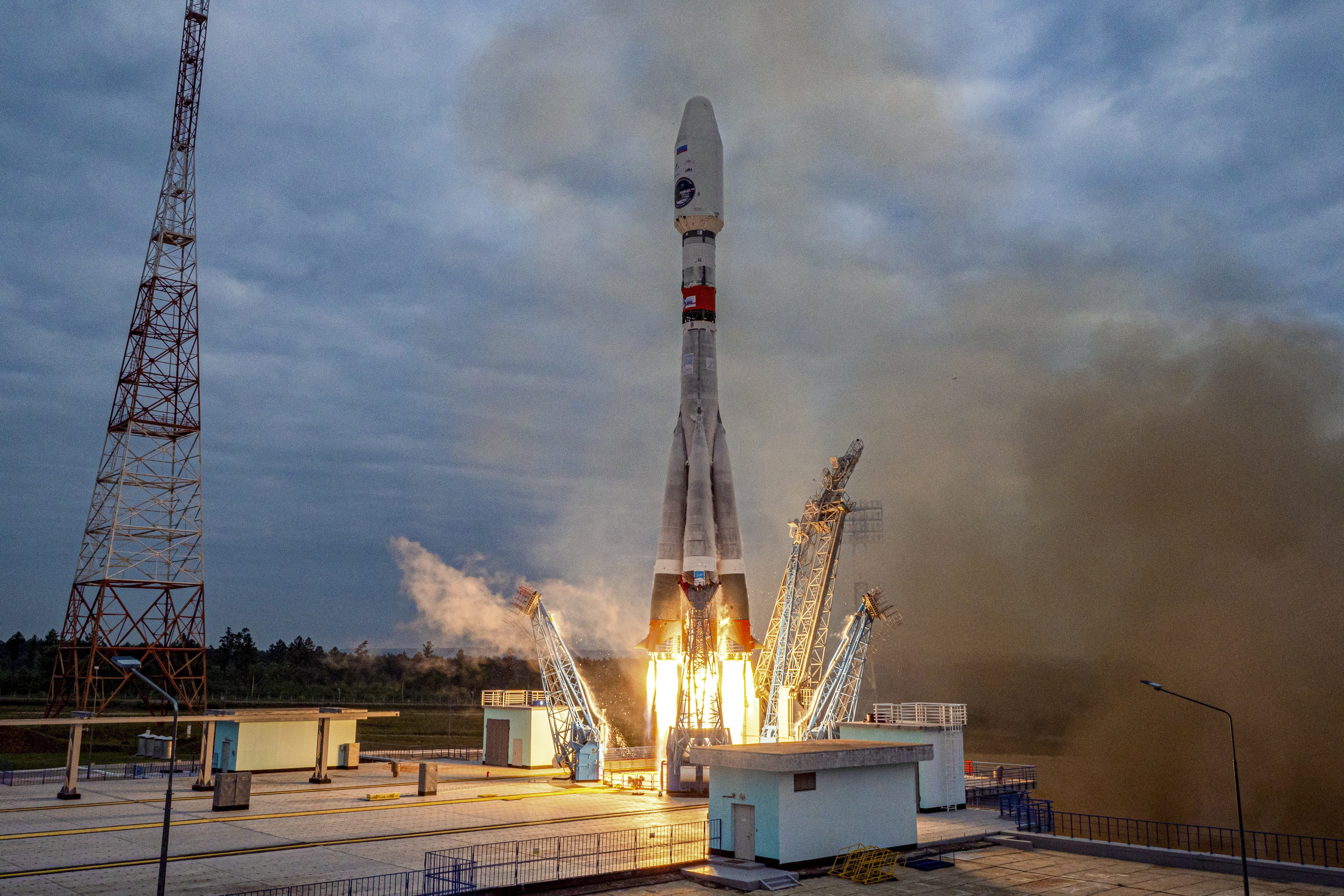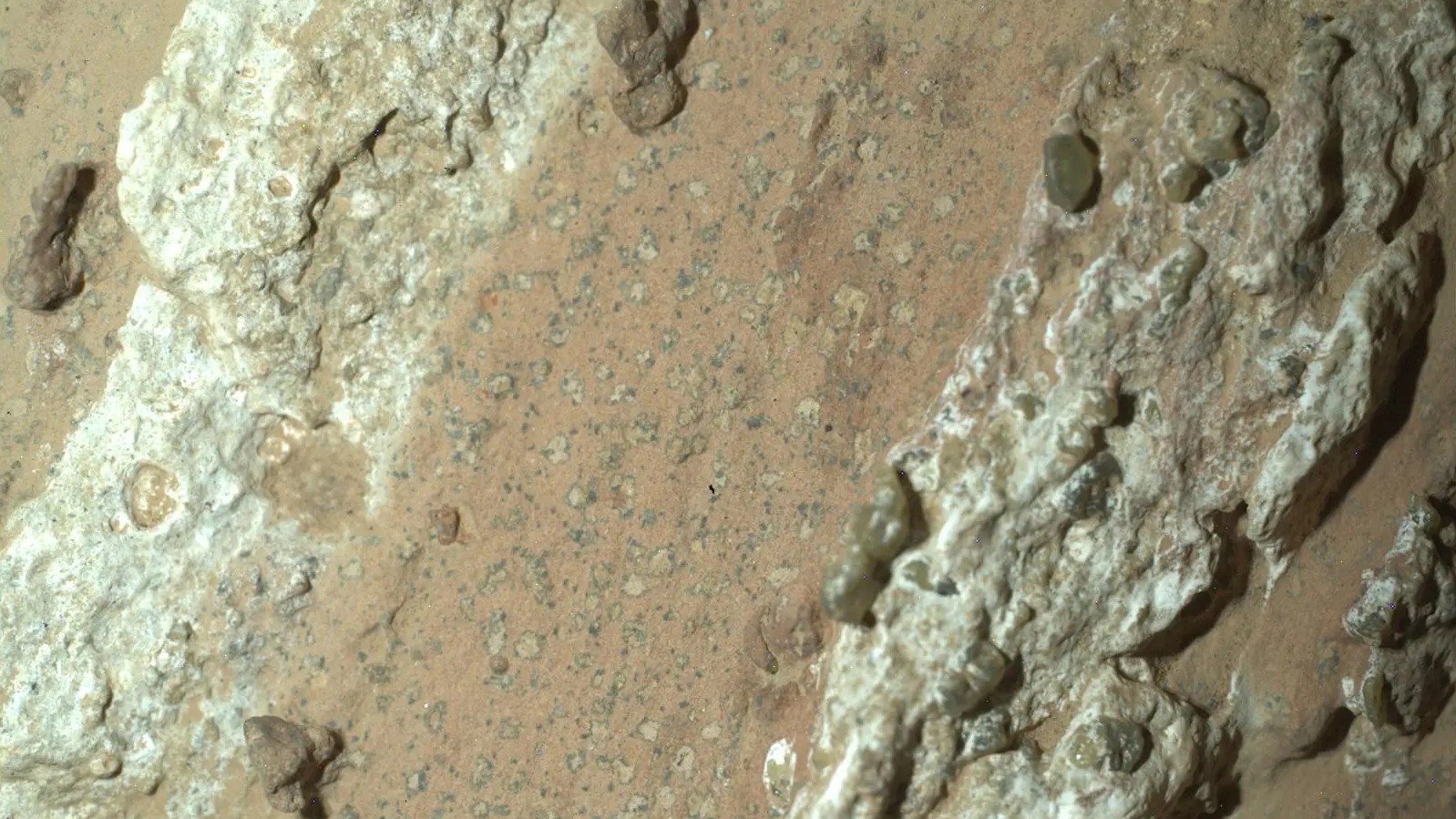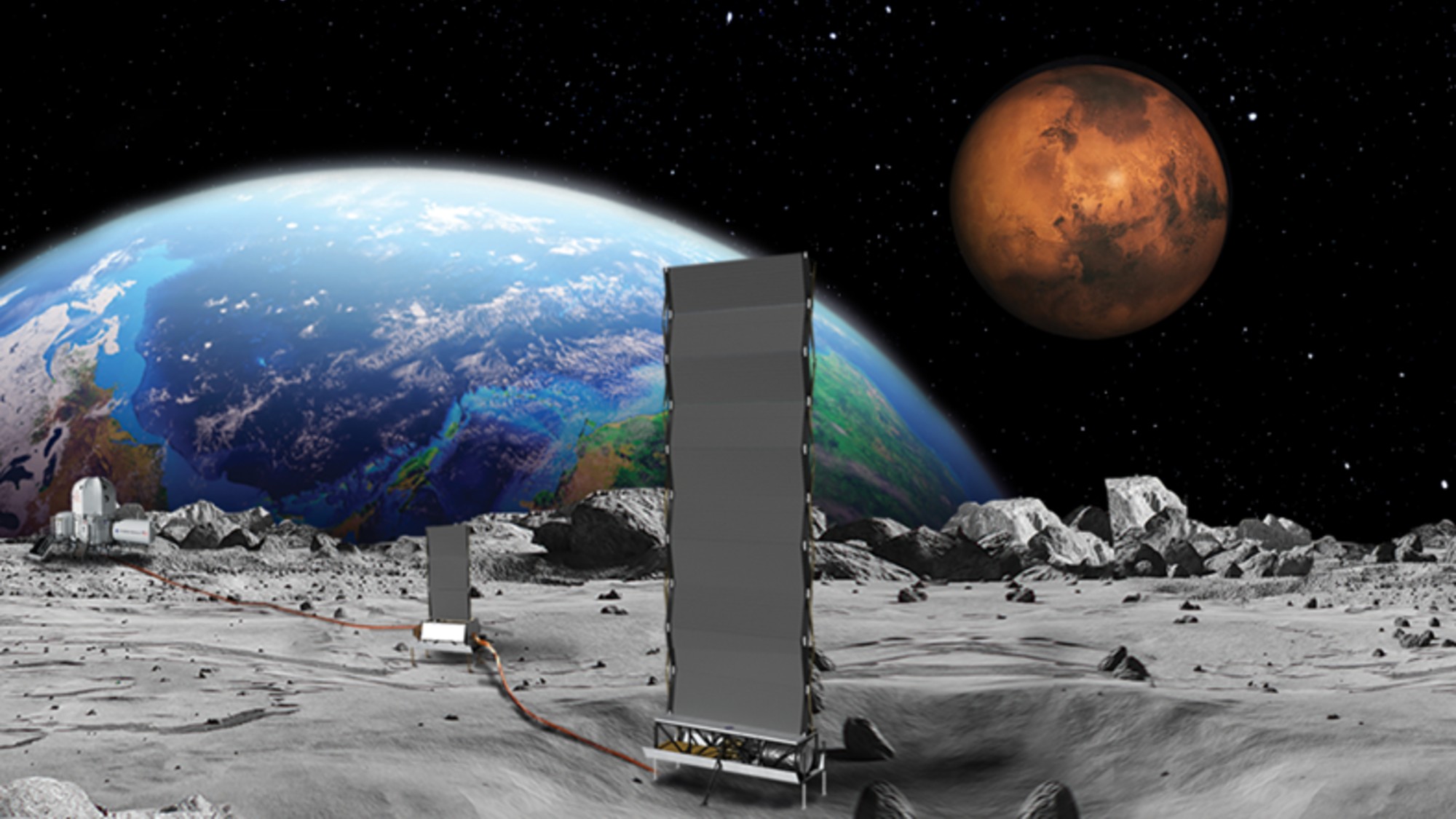Russian lunar spacecraft crashes into the moon


A free daily email with the biggest news stories of the day – and the best features from TheWeek.com
You are now subscribed
Your newsletter sign-up was successful
Russia's first lunar mission in nearly half a century ended in failure on Sunday as its Luna-25 spacecraft crashed into the moon, officials said.
Russia launched the uncrewed lunar vehicle last Wednesday in an effort to land the first spacecraft on the moon's south pole. Luna-25 was slated to land as early as Monday, but encountered an "emergency situation" that shifted it into an incorrect flight pattern, according to the Russian space agency Roscosmos.
As a result of this deviation, Luna-25 was placed into an improper orbit for landing, and "ceased to exist as a result of a collision with the lunar surface," Roscosmos officials wrote on a translated Telegram page. Officials said they were forming an "interdepartmental commission" to investigate what went wrong, and how the spacecraft ended up on an incorrect trajectory.
The Week
Escape your echo chamber. Get the facts behind the news, plus analysis from multiple perspectives.

Sign up for The Week's Free Newsletters
From our morning news briefing to a weekly Good News Newsletter, get the best of The Week delivered directly to your inbox.
From our morning news briefing to a weekly Good News Newsletter, get the best of The Week delivered directly to your inbox.
The crash is a blow to the Russian space program. The south pole of the moon is thought to be rich in water ice, which scientists believe could potentially be used to create deep-space rocket fuel. Russian President Vladimir Putin has long held his country's space program in high regard, and Roscosmos officials said the mission's purpose was to show that Russia "is a state capable of delivering a payload to the moon" and "ensure Russia's guaranteed access to the moon's surface," The Associated Press reported.
While Russia's mission failed, an Indian mission is currently orbiting the moon and is expected to make its own landing attempt at the south pole this week. The United States, China and other space-faring nations are also expected to probe the area in the coming years.
"It's unfortunate," Sudheer Kumar, a spokesman for India's IRSO space agency, told The New York Times in regard to the Luna-25 crash. "Every space mission is very risky and highly technical."
A free daily email with the biggest news stories of the day – and the best features from TheWeek.com
Justin Klawans has worked as a staff writer at The Week since 2022. He began his career covering local news before joining Newsweek as a breaking news reporter, where he wrote about politics, national and global affairs, business, crime, sports, film, television and other news. Justin has also freelanced for outlets including Collider and United Press International.
-
 Minnesota's legal system buckles under Trump's ICE surge
Minnesota's legal system buckles under Trump's ICE surgeIN THE SPOTLIGHT Mass arrests and chaotic administration have pushed Twin Cities courts to the brink as lawyers and judges alike struggle to keep pace with ICE’s activity
-
 Big-time money squabbles: the conflict over California’s proposed billionaire tax
Big-time money squabbles: the conflict over California’s proposed billionaire taxTalking Points Californians worth more than $1.1 billion would pay a one-time 5% tax
-
 ‘The West needs people’
‘The West needs people’Instant Opinion Opinion, comment and editorials of the day
-
 NASA’s lunar rocket is surrounded by safety concerns
NASA’s lunar rocket is surrounded by safety concernsThe Explainer The agency hopes to launch a new mission to the moon in the coming months
-
 Blue Origin launches Mars probes in NASA debut
Blue Origin launches Mars probes in NASA debutSpeed Read The New Glenn rocket is carrying small twin spacecraft toward Mars as part of NASA’s Escapade mission
-
 Dinosaurs were thriving before asteroid, study finds
Dinosaurs were thriving before asteroid, study findsSpeed Read The dinosaurs would not have gone extinct if not for the asteroid
-
 Africa could become the next frontier for space programs
Africa could become the next frontier for space programsThe Explainer China and the US are both working on space applications for Africa
-
 NASA reveals ‘clearest sign of life’ on Mars yet
NASA reveals ‘clearest sign of life’ on Mars yetSpeed Read The evidence came in the form of a rock sample collected on the planet
-
 SpaceX breaks Starship losing streak in 10th test
SpaceX breaks Starship losing streak in 10th testspeed read The Starship rocket's test flight was largely successful, deploying eight dummy satellites during its hour in space
-
 Rabbits with 'horns' sighted across Colorado
Rabbits with 'horns' sighted across Coloradospeed read These creatures are infected with the 'mostly harmless' Shope papilloma virus
-
 Why does the US want to put nuclear reactors on the moon?
Why does the US want to put nuclear reactors on the moon?Today's Big Question The plans come as NASA is facing significant budget cuts
